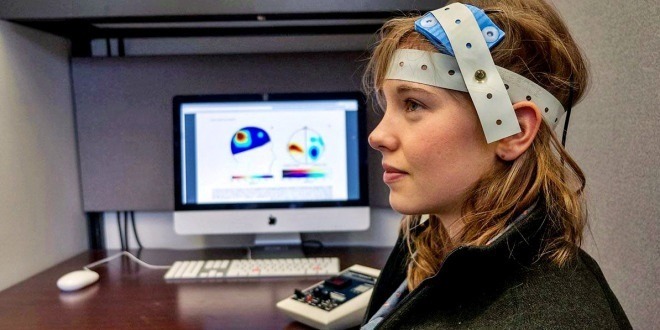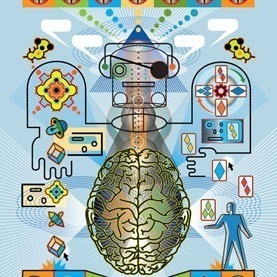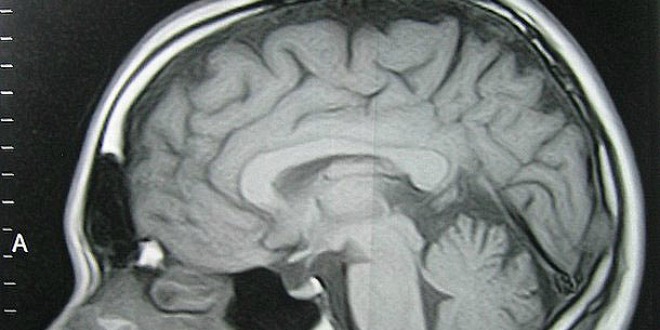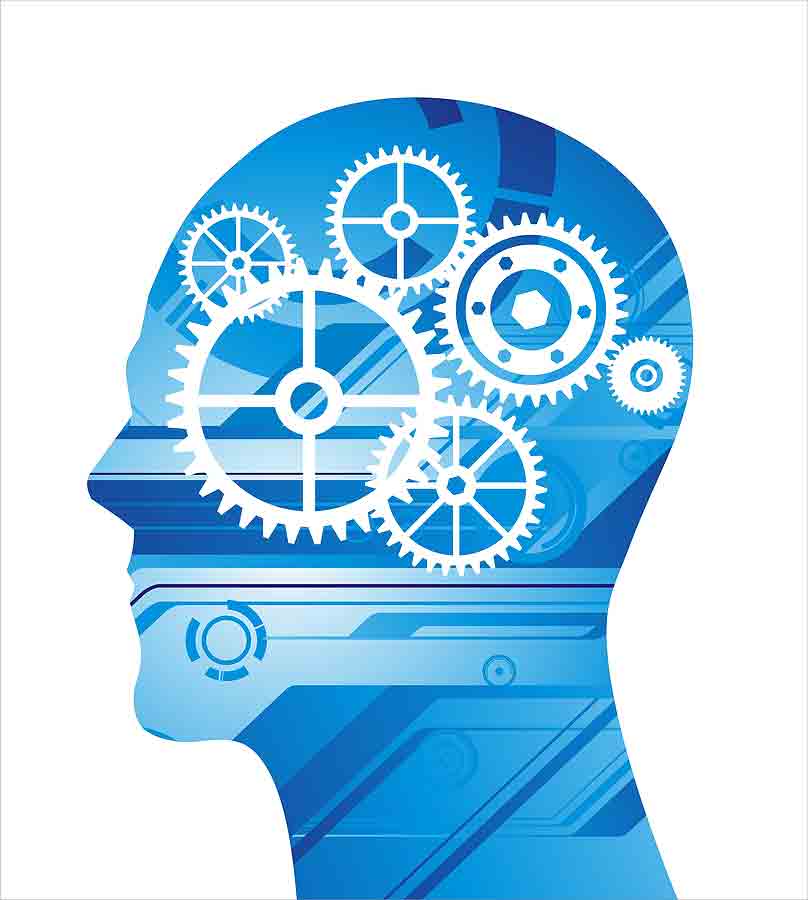Posts Tagged ‘smarter’
Growing debate about the ethics and regulation of direct-to-consumer transcranial direct current stimulation (tDCS)
___ According to the advertising hype, you too can enjoy incredible neural and psychological benefits in the comfort of your own home by using a simple electrical device that offers transcranial direct current stimulation (tDCS). For instance, three different models of tDCS devices sold online claim to improve mood, increase creativity, enhance memory, accelerate learning,…
Read MoreCalisthenics and Brain Games for a Child’s Mind
Brain Games Aim to Make Kids Smarter (SciAm Mind, requires subscription): “Scientists have concocted mental fitness regimens to strengthen weak thinking skills in students—in effect, making kids smarter…Psychologists have long believed that thinking capacities such as attention, memory and reasoning were fixed, but
Read MoreIs the Internet Good or Bad for Your Brain?
“The controversy itself is superficial; as the obvious reality is the internet and technology are not only here to stay, but constantly evolving and permeating more of our lives…The real conversation should be how we can best use the Internet in smarter ways that help us to monitor and enhance the brain, and how can…
Read MoreCan You Make Yourself Smarter? Yes. Real question is, How?
A new article in The New York Times, Can You Make Yourself Smarter, provides a great overview of working memory and cognitive training: — “We see attention and working memory as the cardiovascular function of the brain,” Jaeggi says.“If you train your attention and working memory, you increase your basic cognitive skills that help you for…
Read MoreWill the Apple Tablet Support or Hinder Users Cognitive Fitness?
Rumor has it that Apple is going to announce a tablet computer, which may well become a revolutionary new way for users to read and experience all kinds of educational content. Will it support or hinder our Cognitive Fitness? In this article, I describe the criteria that a tablet computer and its technological ecosystem must…
Read MoreBrain Training/ Fitness Seminars
Several hundred people participated in our first Brain Fitness Webinar Series, and are glad how the experiment well. We are already thinking of topics and speakers for a second one, so stay tuned! In case you couldn’t attend them, we are sharing the slides we used (we did not record the webinar sessions). Here you go: 1)…
Read More



